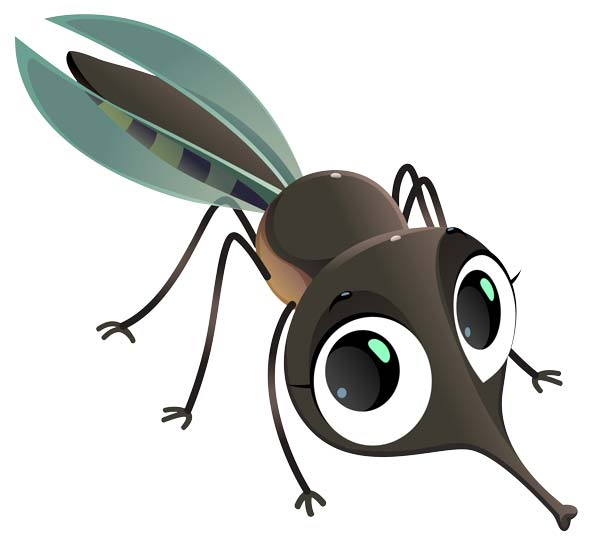All About Mosquito Bites
Along with cookouts, pool parties, and outdoor concerts, mosquito bites are a sign of summer. Mosquitoes are at best a seasonal nuisance and at worst carriers of deadly diseases. But have you ever wondered why mosquitoes bite people? Why do mosquito bites cause a reaction in humans and are they dangerous?
Why Do Mosquitoes Bite?
While mosquitoes usually feed on nectar, plant sap, and water, growing mosquito eggs are in need of proteins and amino acids. For this reason, once female mosquitoes reach adulthood, they are out for blood, which contains the lipids and proteins their eggs need. Only female mosquitoes are able to draw blood which they do with a sharp tube called the proboscis.
Mosquitoes don’t exclusively feed on humans; they will take whatever blood they can get, but humans are the most appealing source to most because they are bigger and give off more carbon dioxide than most animals. Mosquitoes choose their target based on carbon dioxide and other chemicals exuded from the body and are more likely to feed on some people than others. For example, mosquitoes are more likely to feed on people with type O blood, people who have recently exercised or drunk beer, and pregnant women. Mosquitoes will also feed on birds, amphibians, reptiles, small mammals such as rabbits or squirrels, and larger mammals such as horses or cows. Because mosquitoes will feed on several types of animals, they have the ability to spread diseases, making them potentially dangerous to us. Mosquitoes are responsible for spreading Malaria, the West Nile Virus, yellow fever, and many more. Not all mosquitoes carry disease, but the ones that do can be deadly.
Reaction to Bites
When a mosquito draws blood, they inject saliva into the skin. The proteins in this saliva can cause immune responses in the body which show up as the typical mosquito bite signs. These signs include red and puffy bumps on the skin that appear minutes after the bite. Within the next 48 hours, the bump will turn firm and dark red. After about three to four days, the itching will go down as the bite heals. The more you get bit by mosquitoes, the more your body builds up a tolerance to them. Children who haven’t built up exposure yet along with people with immune disorders tend to experience more intense symptoms such as hives, a low-grade fever, a large area of swelling or redness, and swollen lymph nodes. If you experience a high fever, anaphylaxis, or other intense symptoms after a mosquito bite, seek medical attention immediately.

Preventing and Treating Bites
There are several ways to prevent mosquito bites by keeping them out of and away from your house and making yourself less attractive to them. An obvious way to keep mosquitoes out of the house is to screen in your windows and doors. To keep mosquitoes away from your house outside, it’s important to dump out stagnant water near your house. Mosquitoes breed in stagnant water so clearing out any water around your house such as children’s pools, birdbaths,
or bowls is one way to reduce their presence. Mosquitoes are attracted to dark colors, carbon dioxide, and certain chemicals. To make yourself a less appealing target, wear light-colored clothing. Thicker fabric that fits looser also offers protection from bites. Spraying mosquito repellant or natural scents such as certain eucalyptus oils are also good ways to discourage bites. Another tip is to avoid or limit time outside during feeding times. Mosquitoes often feed during dawn and dusk.
These precautions will reduce bites but won’t completely eliminate them. Mosquito bites will go away after a few days but ice, honey, anti-itch cream, and aloe vera will reduce inflammation and itchiness. Another temporary anti-itch method is pressing down on the bite with your fingernail for about 10 seconds. Be careful not to scratch the bite too much or the wound can open up and cause infection.

